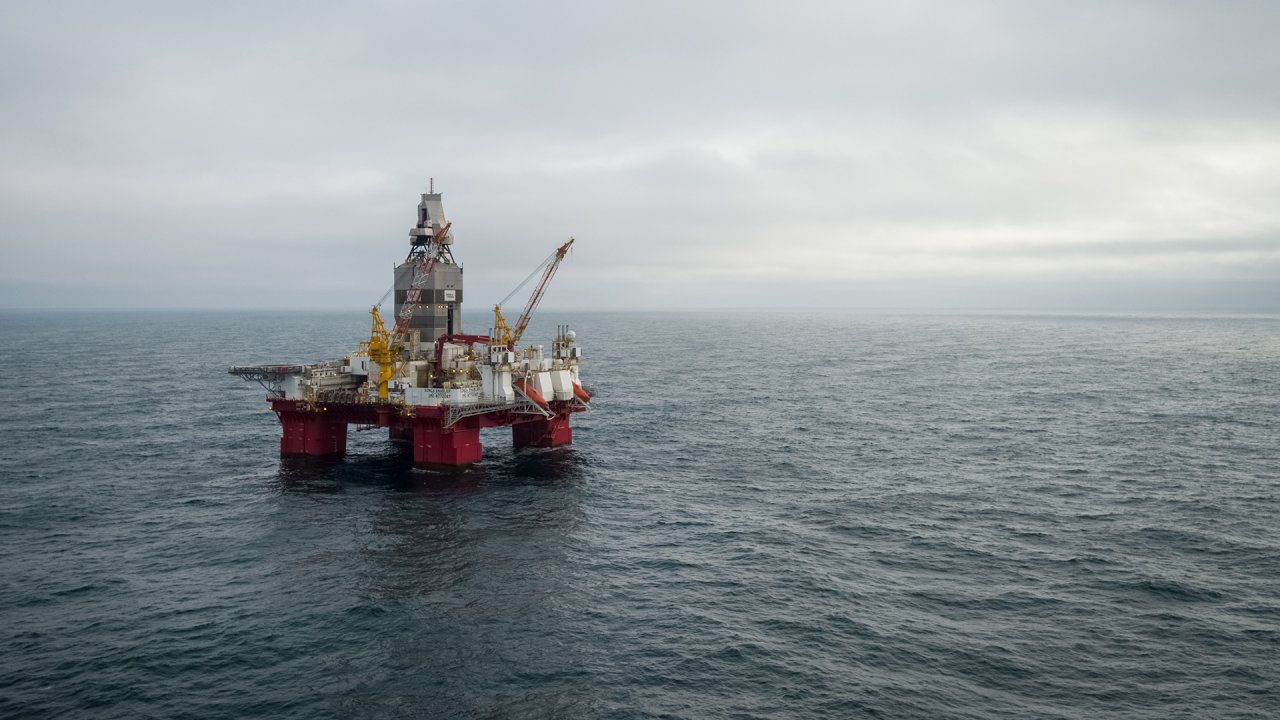 By Tennille Tracy, The Wall Street Journal
By Tennille Tracy, The Wall Street Journal
WASHINGTON—The prospect that contractors for BP PLC could be fined by the government over the Deepwater Horizon oil spill is jolting the contracting industry, which traditionally avoided liability in such accidents.
U.S. regulators are set to hand out punishments in the Deepwater Horizon case as soon as this week, following a months-long investigation by the Interior Department and Coast Guard. Interior’s offshore safety chief, Michael Bromwich, has suggested in recent weeks that BP contractors Transocean Ltd. and Halliburton Co. are likely to be targeted.
That has triggered a lobbying campaign by contractors and some lawmakers who say fining the contractors, typically hired by big oil companies to perform specific tasks at a drilling project, lacks precedent and may be illegal.
By pursuing Transocean and Halliburton, regulators “give a green light for others to go after them—on the same basis and on the same level” as primary operators, said Brian Petty, executive vice president of government affairs at the International Association of Drilling Contractors.
Mr. Bromwich says contractors should be held accountable.
“I don’t think it makes sense to say we will never, under any circumstances, proceed to take regulatory action against a contractor no matter how egregious its conduct may be in one incident, or a series of incidents,” he told a congressional hearing this summer.
The Interior Department and the Coast Guard castigated BP, Transocean and Halliburton in a September report that found they collectively violated more than half-dozen rules. Mr. Bromwich is set to testify Thursday at a House hearing on the findings.
The Outer Continental Shelf Lands Act allows the government to collect $35,000 per day per violation (later raised to $40,000). Mr. Bromwich said fines are coming “in the very near future.”
By themselves, the fines wouldn’t make a significant dent in the bottom lines of any of the companies. But if the government officially brands the contractors as violators, it could weaken their legal position against victims of the spill and BP. That is why the contractors are likely to contest any fines in court.
The process of assigning blame for the Deepwater Horizon spill is already a high-stakes game involving billions of dollars. In April, BP sued Halliburton, Transocean and Cameron International Corp., the company that made a safety device known as a blowout preventer. BP, which has set aside more than $40 billion for spill-related costs, said the other companies contributed to the disaster.
Mr. Petty of the drilling contractors’ group said decades of precedent support the idea that only operators should be targeted for rule violations. Contractors say they don’t make enough money to shoulder the risks of oil spills or other major events.
Halliburton spokeswoman Tara Mullee Agard wouldn’t speculate on the possible violations but said operators typically receive “offshore violation notices of this type” and that operators are “ultimately responsible for conducting safe operations at the well location.”
Spokesmen for Transocean and BP declined to comment.
The contractors have won support from Sen. David Vitter, a Louisiana Republican, who questioned the legal basis for fines. “There needs to be a full accounting of the legal analysis behind Interior’s expansion of authority,” Mr. Vitter said.
In response to Mr. Vitter, Mr. Bromwich played down the department’s ambitions, saying it will continue to hold operators responsible for the majority of infractions. “We will be careful and measured in applying our regulatory authority to contractors,” Mr. Bromwich wrote.
U.S. officials can seek spill-related penalties under a variety of laws. Among them is the Clean Water Act, which allows the government to impose up to $4,300 in fines for every barrel of oil spilled—equal to $21 billion for the 4.9 million barrels spilled as a result of the Deepwater Horizon rig explosion, which killed 11 people in April of last year.
The Environmental Protection Agency oversees compliance with the Clean Water Act. The agency hasn’t yet issued fines under that law to companies involved in the spill.
If contractors face new liabilities, insurance companies are likely to charge them heftier rates.
“It’s potentially a very big deal,” said Charles Landgraf, a partner at law firm Dewey & LeBoeuf who represents insurers.
(c) 2011 Dow Jones & Company, Inc.
Editorial Standards · Corrections · About gCaptain

 Join The Club
Join The Club




 By Tennille Tracy, The Wall Street Journal
By Tennille Tracy, The Wall Street Journal






